
Filter News
Area of Research
- Advanced Manufacturing (1)
- Biology and Environment (24)
- Clean Energy (62)
- Computational Biology (1)
- Computational Engineering (1)
- Computer Science (1)
- Energy Frontier Research Centers (1)
- Fusion and Fission (12)
- Fusion Energy (10)
- Isotopes (2)
- Materials (68)
- Materials for Computing (10)
- National Security (7)
- Neutron Science (64)
- Nuclear Science and Technology (13)
- Nuclear Systems Modeling, Simulation and Validation (1)
- Supercomputing (34)
- Transportation Systems (2)
News Type
News Topics
- (-) Advanced Reactors (23)
- (-) Biomedical (28)
- (-) Fusion (23)
- (-) High-Performance Computing (37)
- (-) Molten Salt (7)
- (-) Nanotechnology (38)
- (-) Neutron Science (76)
- (-) Transportation (60)
- 3-D Printing/Advanced Manufacturing (75)
- Artificial Intelligence (42)
- Big Data (24)
- Bioenergy (39)
- Biology (39)
- Biotechnology (10)
- Buildings (32)
- Chemical Sciences (38)
- Clean Water (14)
- Climate Change (44)
- Composites (18)
- Computer Science (96)
- Coronavirus (28)
- Critical Materials (23)
- Cybersecurity (20)
- Decarbonization (27)
- Education (3)
- Element Discovery (1)
- Energy Storage (72)
- Environment (79)
- Exascale Computing (10)
- Fossil Energy (1)
- Frontier (15)
- Grid (35)
- Hydropower (6)
- Irradiation (2)
- Isotopes (22)
- ITER (5)
- Machine Learning (23)
- Materials (94)
- Materials Science (83)
- Mathematics (1)
- Mercury (5)
- Microelectronics (1)
- Microscopy (27)
- National Security (21)
- Net Zero (4)
- Nuclear Energy (45)
- Partnerships (28)
- Physics (28)
- Polymers (21)
- Quantum Computing (13)
- Quantum Science (36)
- Renewable Energy (1)
- Security (12)
- Simulation (15)
- Space Exploration (13)
- Statistics (3)
- Summit (26)
- Sustainable Energy (75)
- Transformational Challenge Reactor (4)
Media Contacts
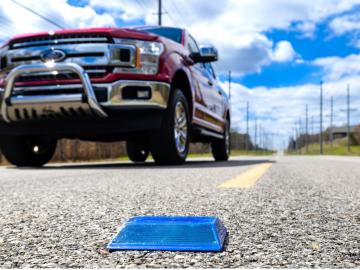
Working with Western Michigan University and other partners, ORNL engineers are placing low-powered sensors in the reflective raised pavement markers that are already used to help drivers identify lanes. Microchips inside the markers transmit information to passing cars about the road shape to help autonomous driving features function even when vehicle cameras or remote laser sensing, called LiDAR, are unreliable because of fog, snow, glare or other obstructions.
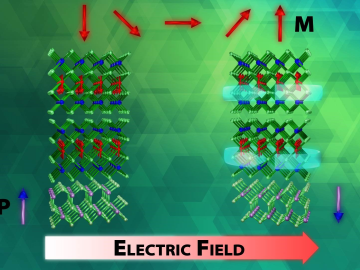
An advance in a topological insulator material — whose interior behaves like an electrical insulator but whose surface behaves like a conductor — could revolutionize the fields of next-generation electronics and quantum computing, according to scientists at ORNL.
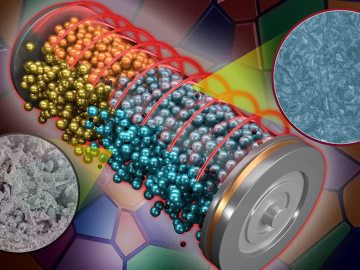
ORNL scientists found that a small tweak created big performance improvements in a type of solid-state battery, a technology considered vital to broader electric vehicle adoption.

ORNL’s Debangshu Mukherjee has been named an npj Computational Materials “Reviewer of the Year.”
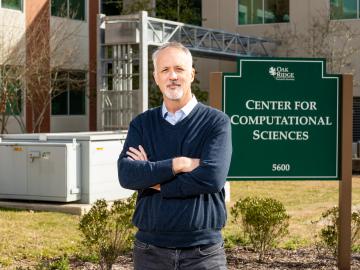
The Oak Ridge Leadership Computing Facility’s Matt Sieger has been named the project director for the OLCF-6 effort. This next OLCF undertaking will plan and build a world-class successor to the OLCF’s still-new exascale system, Frontier.
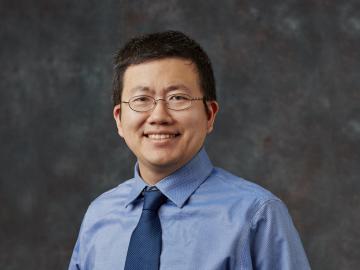
Shih-Chieh Kao, manager of the Water Power program at ORNL, has been named a fellow of the American Society of Civil Engineer’s Environmental & Water Resources Institute, or EWRI.
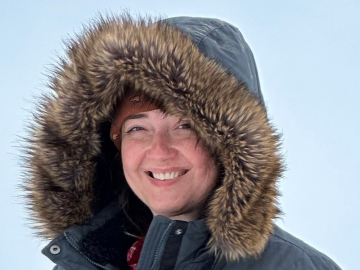
Colleen Iversen, ecosystem ecologist, group leader and distinguished staff scientist, has been named director of the Next-Generation Ecosystem Experiments Arctic, or NGEE Arctic, a multi-institutional project studying permafrost thaw and other climate-related processes in Alaska.
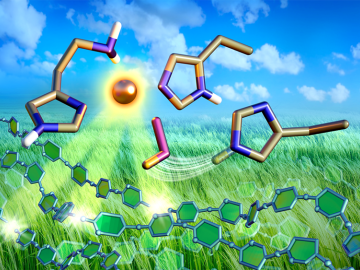
Nonfood, plant-based biofuels have potential as a green alternative to fossil fuels, but the enzymes required for production are too inefficient and costly to produce. However, new research is shining a light on enzymes from fungi that could make biofuels economically viable.
Oak Ridge National Laboratory scientists led the development of a supply chain model revealing the optimal places to site farms, biorefineries, pipelines and other infrastructure for sustainable aviation fuel production.
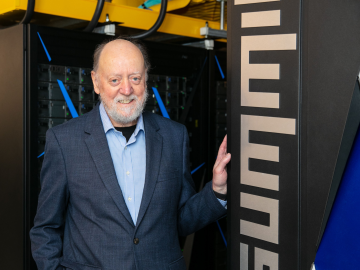
Computing pioneer Jack Dongarra has been elected to the National Academy of Sciences in recognition of his distinguished and continuing achievements in original research.


